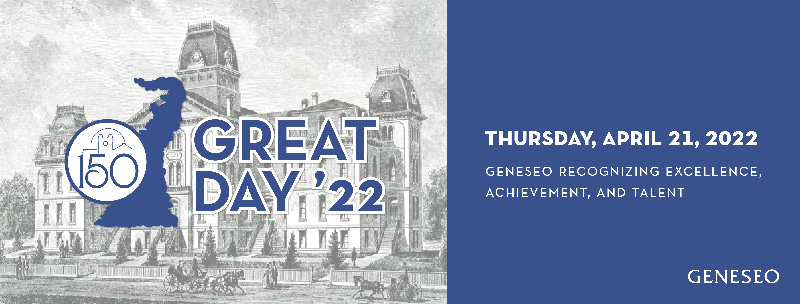
Submission Type
Poster
Start Date
4-21-2022
Abstract
Minority-owned businesses have long faced discriminatory barriers preventing them from accessing a variety of markets compared to their White counterparts. To address this issue, various levels of governance have passed Minority and Women-Owned Business Enterprise (MWBE) policies designed to encourage equal opportunity by promoting MWBEs to become certified and participate in state contracting. However, a literature review indicates that, despite the intention of these policies, this procurement process still fails to holistically include MWBEs. This poster will investigate themes regarding how MWBEs are still experiencing exclusion in efforts to highlight areas to improve for more just policies. Firstly, excessive requirements and limitations can be incongruous with the social and cultural elements central to the MWBE experience. This can result in potential candidates underutilizing the certification and, when they are used, revenue may even be further deferred from small and minority-owned firms. Secondly, feedback on the structure and delivery of MWBE policies indicates poor user-experience as MWBEs often struggle to network and access technical assistance. Thirdly, while policymakers increasingly understand how one’s race and gender produce diverse perspectives on discriminatory barriers and effective solutions against them, it is revealed in the literature that MWBEs still desire their complex situations be better understood and addressed to ensure equitable outcomes for and between MWBEs. Lastly, I will examine how market mechanisms play a role in inhibiting sustainable and equitable solutions to exclusion.
Recommended Citation
Mooney, Clara, "224 -- MWBE Certification: Where Policy Still Struggles to Create Equity" (2022). GREAT Day Posters. 78.
https://knightscholar.geneseo.edu/great-day-symposium/great-day-2022/posters-2022/78
224 -- MWBE Certification: Where Policy Still Struggles to Create Equity
Minority-owned businesses have long faced discriminatory barriers preventing them from accessing a variety of markets compared to their White counterparts. To address this issue, various levels of governance have passed Minority and Women-Owned Business Enterprise (MWBE) policies designed to encourage equal opportunity by promoting MWBEs to become certified and participate in state contracting. However, a literature review indicates that, despite the intention of these policies, this procurement process still fails to holistically include MWBEs. This poster will investigate themes regarding how MWBEs are still experiencing exclusion in efforts to highlight areas to improve for more just policies. Firstly, excessive requirements and limitations can be incongruous with the social and cultural elements central to the MWBE experience. This can result in potential candidates underutilizing the certification and, when they are used, revenue may even be further deferred from small and minority-owned firms. Secondly, feedback on the structure and delivery of MWBE policies indicates poor user-experience as MWBEs often struggle to network and access technical assistance. Thirdly, while policymakers increasingly understand how one’s race and gender produce diverse perspectives on discriminatory barriers and effective solutions against them, it is revealed in the literature that MWBEs still desire their complex situations be better understood and addressed to ensure equitable outcomes for and between MWBEs. Lastly, I will examine how market mechanisms play a role in inhibiting sustainable and equitable solutions to exclusion.


Comments
Sponsored by Jessica Gilbert